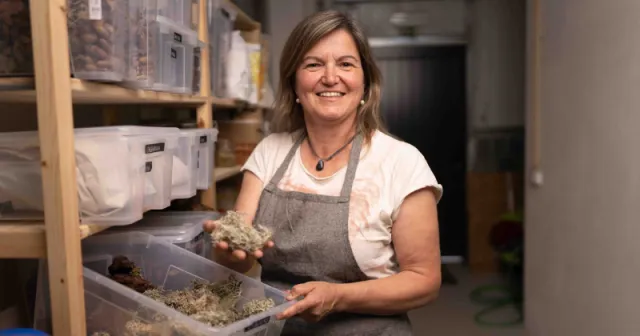Working together for the greater success of reintegration of convicts into society
At the Criminal-correctional institution (KPZ) in Sombor since January this year, the "Step by Step" club was designed to provide support to prisoners through work and education in order to increase the percentage of the success of their reintegration into society, but also to reduce the risk of a criminological relapse. The thing that makes this program special is that it includes members of their families, and everyone who wants to contribute to the reintegration and adaptation of prisoners to the conditions of life in freedom.
The activities of the Club, which included more than 70 prisoners so far, are realized by the employees in the Service for the Treatment of the Criminal-correctional institution Sombor and the Office of the Alternative Sanctions Commissioner in Sombor, by psychologists, pedagogues and andragogues with special professional knowledge and skills. The implemented programs include topics such as problem solving and assertive communication, anger control, reiki method, family constellation, fractal drawing method, integrative approach, art therapy.
Aleksandar Hinic, head of the Treatment Service within the Criminal-correctional institution Sombor, points out that thanks to the acquired work habits and recommendations received from the Institute, many of the convicts have found work and some of them are now independent entrepreneurs, carpenters, cooks, farmers....
Ljiljana Katic, a psychologist at the Treatment Service, points out that thanks to the engagement of all, some convicts developed abilities which they did not even know they possessed. “Individualized approach to working with convicts is essential, says Ljiljana Katic. The emphasis is that we do not force anything, but further support their personal affinities and affections. Club "Step by Step" is the crown of our work so far.”
In addition to psychosocial programs, convicts are allowed to continue their education. Individuals who did not have a primary or secondary school completed here were able to get degrees. Anyone who completes some kind of professional training gets a certificate that does not state where the education is completed, so they cannot be discriminated at the start of the job search.
*This is the adapted version of the article published in Serbian daily newspaper Novosti. Read the original article in Serbian language here.





Osobiście uważam, że praca